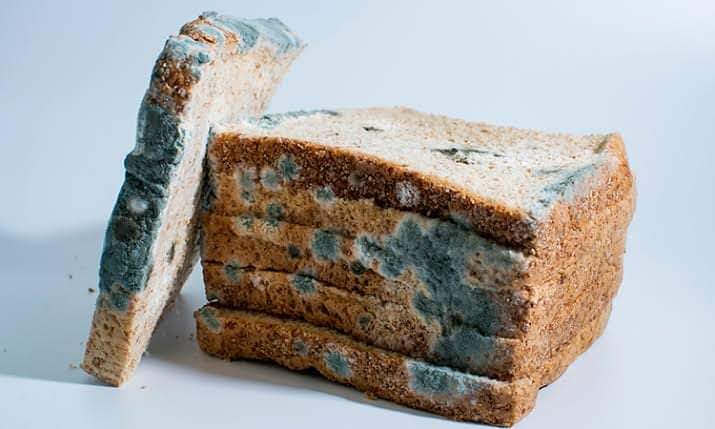When the Bible says in Mark 14:7, that, “For ye have the poor with you always, and whensoever ye will ye may do them good: but me ye have not always,” it is beginning to look like a curse to humanity. It is not just that poverty is here to stay with man, the severity over the years is nothing of God.
Out of town over the last weekend, I had a shocking encounter with a staff member of one of the guest houses I stayed in, and it has left me utterly debilitated.
Starving, I discovered the loaf of bread we had in the fridge, which I had craved to quickly snack on with butter, had become moldy. Surprisingly! That’s why we should always eat the “Old English” bread. It’s ever reliable.
Of course, we trashed it and called for room service to get something else instead. Smart and sharp, the fellow walked in, took our orders, and as he turned to leave, he sighted the bread in the trash bin and turned back to us.
“I’m sorry, I know this is out of line, but if you don’t mind, are you trashing this bread?” He asked. Yes, isn’t it why it is in the trash? We replied him in unison. But he wasn’t done. “Again, I know this, too, is out of line, but can I please take it?”
Then, I turned to him and said: “Pick it up, and you’d see it’s truly bad. We are not wasteful people. But we can’t compromise our health on the altar of poverty.” He wouldn’t take any of that and insisted, except we didn’t want to “help” him. So, we obliged him ostensibly to see if he was serious
He picked it up, cleaned it, and left. Unbeknownst to him, he left us in extreme shock. I even joked with him, saying, “Don’t bring it back as the bread we ordered, and he smiled. “Never”, he retorted.
Finally, when he brought back our orders, we sat him down and told him scavenging from the refuse in the name of hunger is a very dangerous thing to do with far-reaching consequences. So, we enjoined him to trash it, and we sent him money instead. He promised to throw it away. Hopefully, he did.
However, soon after he left, my buddies in the room started sharing their experiences in similar circumstances. One spoke of how total strangers now come to knock at his gate regularly to seek help.
He said he’s therefore made it a policy in his house that, whether or not he is home and anyone comes asking for help, specifically on the grounds of hunger, whoever is home, must offer something at least.
Another shared an instance of a woman walking on a lonely road at night and talking to herself. Suddenly, with a huge sigh, she muttered: “It is well”. He knew something was amiss and called her back to ask what was wrong. Her explanation left him shattered and had to offer his “widow’s mite” at that material time.
I also recalled one December some six years ago. I gave someone N2,000 (N2k), being the only loose change with me after he asked for help. It was two days to Christmas.
He saw me one week after to thank me because according to him, the paltry N2k was what his family of six spent during the Christmas of that year. I can never forget that encounter. It has left me eternally pained. In fact, the lump sum I gave him after couldn’t make up for the hurt I suffered emotionally.
As it is, I have come to the conclusion that poverty is God’s creation, and so, no man can stamp it out. But humanity can mitigate the severity if we consciously resolve to heal the world. But, first, we must admit we are the world and the ones to make it a better place.
No blame game. It is neither about government nor leadership. It is a “we” thing – all of us.
NB: Image is taken from Myth Breakers for illustration.





